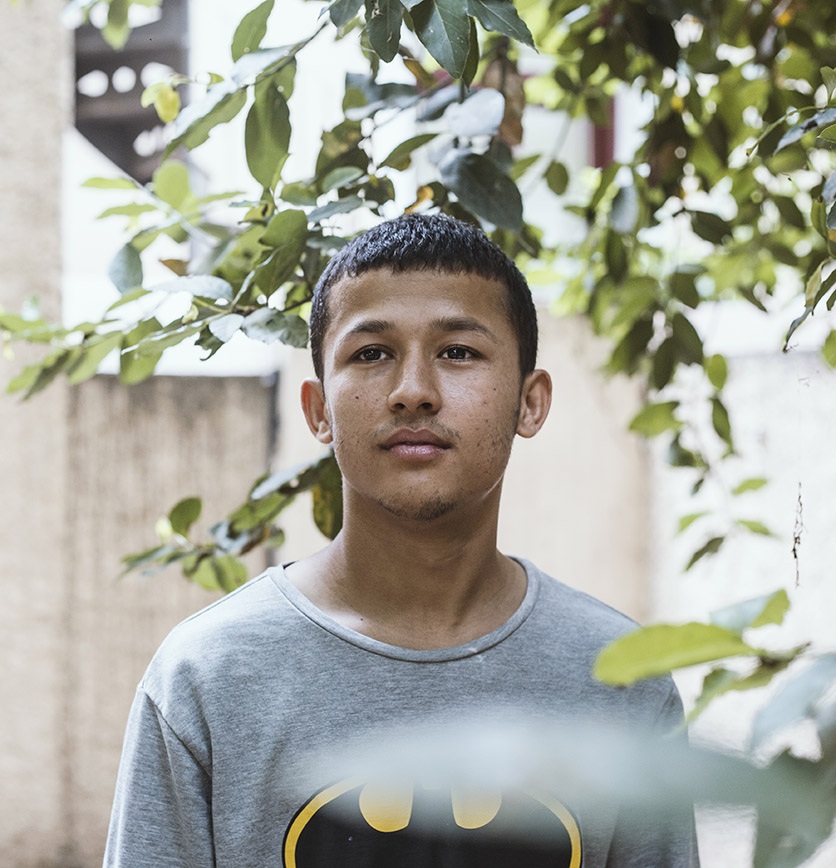'If it hadn’t been for Faros, I would be on the streets right now'
Mahmadullah, 19, knows unaccompanied children who have turned to petty crimes and prostitution at the center of Athens to get by. In fact, most of his friends have done it. He hasn’t. He knows that they are doing it to buy food and clothes, things their parents would normally buy for them. "The poorer you are, the more vulnerable you are," he says.
He arrived at Faros’ shelter when he was 15 and "graduated" last year, when he turned 18. The love and care he received from Faros’ staff prevented him from doing the same, he says. Mahmadullah, explains that the transition from adolescence to independent living is very difficult in Greece, especially without any job prospects. "When there are no jobs, you have to do something illegal to survive. If it hadn’t been for Faros, I would be a drug addict on the streets right now," he says.
He came to Greece with his older brother in 2016. They covered most of the distance between the city of Kunduz in northern Afghanistan and the Turkish coast on foot. After four months, they finally crossed into the Greek island of Kos. "There were days when we walked non-stop in the snow. The smuggler had arranged to have makeshift rooms on our way for us to sleep, but we did not always have food and water. When we were thirsty, we drank the snow, "he says.
From Kos the brothers were headed to Idomeni, a village near Greece's nothern border. When the border closed, the boys stayed at the makeshift refugee camp for three months. When the Greek authorities began moving hundreds of refugees from the camp, they were forced to return to Athens and took refuge in the squat at an abandoned hotel near Omonia Square. "We slept with strangers in the same room," he recalls. "One day while I was walking down the street, a police officer asked me where I was staying. I didn't have any papers. They arrested me and I remained in police custody for a week. Then, they sent me to Faros’ shelter.”
“At Faros I learned how to speak to people with respect,” he says. “I learned the culture, the Greek culture, this new culture. I learned what you should say to people and what you should not. Before I didn’t know any of these things. Now I know how to treat people with respect."
The brothers separated two years ago. Mahmadullah’s older brother became an adult, he was granted asylum and left for Germany. Today, he works at a hotel in Berlin and sends him money. Mahmadullah’s asylum application took almost a year and a half to get approved. He will also travel to Germany in two months. "I want to go to Germany for work. My dream is to become and auto mechanic and work at a garage," he says with a smile.
Hundreds of unaccompanied refugee children in Greece could tell the same story. This is because the risks that an unaccompanied teenage refugee faces as long as he or she grows up in Greece are still real: poverty, exploitation by traffickers, precarious living conditions and involvement in prostitution or drug trafficking.
According to data from the National Center for Social Solidarity for June 2020, there are 4,843 unaccompanied minors living in Greece. The vast majority (93%) are boys. Most come from Afghanistan and Pakistan and are over 14 years old. Official figures also show that many children are still living in precarious conditions, such as in squatting, or are homeless.
Life at Faros’ shelter was "like paradise," says Mahmadullah. "I felt safe and secure at Faros. I wish there were transitional shelters like Faros for young refugees, who just became adults and try to integrate into society."

